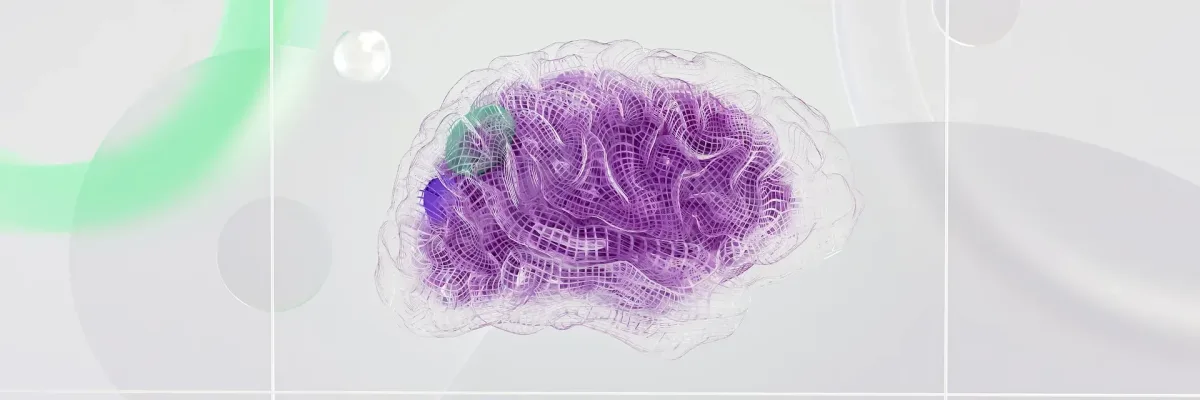With the buzz around generative AI, we have received questions from various clients, both on the developer and user side, about the issue of generative AI and copyright.
Although complex discussions may arise as the development of generative AI progresses, instead of such technical discussions, I would like to introduce the concept of copyright related to generative AI in Japan.
First, there are two areas concerning copyright discussions on generative AI. The first is the use of copyrighted works at the stage of developing generative AI, and the second is when some output is generated by using generative AI.
1. Stage of developing generative AI
Regarding the use of copyrighted works at the stage of developing generative AI, as it turns out, in Japan, copyrighted works may be used without the consent of the copyright holder when creating generative AI, in accordance with Article 30-4 of the Copyright Act.
Using copyrighted works for data analysis (meaning the extraction, comparison, classification, or other statistical analysis of the constituent language, sounds, images, or other elemental data from a large number of works or a large volume of other such data) is permitted by law because it is considered to be different from the original purpose for which the work was created.
Because an enormous amount of data is necessary in developing generative AI, the fact that the consent of copyright holders is not required can be regarded as a positive factor. It is, however, somewhat unsettling that no compensation or response to copyright holders is provided at all.
In cases where the database itself is regarded as a copyrighted work (data set), or where the work is used not only for the data analysis but for the original purpose: which is to read or view the work, the consent of the copyright holder is required.
2. Treatment of output generated by generative AI
If an output is generated by generative AI, whose work is it?
First, if the output is generated autonomously by generative AI based on simple instructions by the AI user, it does not fall under the category of a “copyrighted work” since it does not express someone’s thoughts or feelings.
However, if the AI user provides detailed instructions and the output can be evaluated as expressing the AI user’s thoughts and feelings, it will be the AI user’s copyrighted work.
In other words, whether the work is a copyrighted work is judged from the viewpoint of whether it is simply an output generated by generative AI or whether it is an output to which the AI user has made a significant contribution.
Copyrighted works must have creative intent and creative contribution.
Needless to say, if the output generated by generative AI is similar to a preexisting work, it can constitute copyright infringement on that work.

